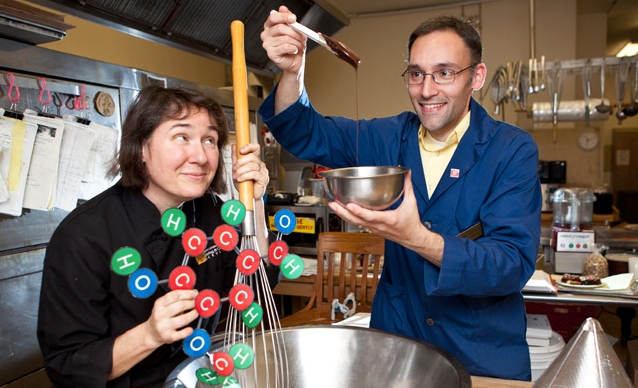Page 181 • (12,674 results in 0.048 seconds)
-
Presidential Commission for Innovation and Change Presidential Commission for Innovation and Change https://www.plu.edu/innovation-change/wp-content/themes/blade/images/empty/thumbnail.jpg 150 150 brisketr brisketr https://secure.gravatar.com/avatar/c3c162cf18d0aeb2bed050701e5f9b0e?s=96&d=mm&r=g October 1, 2019 October 1, 2019 Dear Colleagues, Two weeks ago I wrote to you sharing details of the Presidential Commission for Innovation and Change and requested nominations of community members
-
Presidential Commission for Innovation and Change update Presidential Commission for Innovation and Change update https://www.plu.edu/innovation-change/wp-content/themes/blade/images/empty/thumbnail.jpg 150 150 brisketr brisketr https://secure.gravatar.com/avatar/c3c162cf18d0aeb2bed050701e5f9b0e?s=96&d=mm&r=g October 14, 2019 October 14, 2019 Dear Colleagues: We write to update you on the initial work of the Presidential Commission for Innovation and Change (the Commission). As stated in
-
students to majors and minors. Both courses may be taught by faculty from any department or program in the university. Both courses will focus on themes and questions relevant to the instructor’s disciplinary expertise and interest. The courses have common learning outcomes and some shared expectations, but generally the instructor will have a great deal of control over course content and methods of instruction. It is true these courses will not “double-dip” with major requirements. However, they can
-
, Montserrat, Papua New Guinea, St. Kitts and Nevis, St. Lucia, St. Vincent and the Grenadines, Solomon Islands, Tonga, Turks and Caicos Islands, Vanuatu where English is the general medium of instruction. Official documentation from the applicant’s secondary diploma granting institution (if the institution is in a country other than those listed in #1 and #2 above) verifying that all instruction is in English. A minimum of two years of enrollment at the institution is required. Acceptable documentation
-
General Information Library Hours Library Directory Library Instruction Program Floor Maps Library News and Events Strategic Plan African Art Collection Library ExhibitsUsing the Library Borrowing, Renewals, and Holds Noise Norms Showing Films at PLU Using MicrofilmPolicies and Privileges Library Policies Services for Alumni and Visitors Online Resource Access Policy Copyright and Fair Use Collection Development Policy Unattended Minor PolicyContribute Gift policy Donate to the library
-

limonene are almost identical, except for the fact that their building blocks connect to each other in slightly different ways. The results are molecules that are structurally similar, but their scent is radically different: Pinene and limonene smell like pine and citrus. “Nature is using the same building blocks, but in slightly different configurations,” he said. This type of instruction doesn’t just happen in the chemistry classrooms of Rieke Science Center. It is also happening in PLU’s dining
-
NetstorNetstor is a central storage area, available for access by University employees. Files related to academic instruction and business functions, e.g., documents, spreadsheets, presentations and databases, saved on Netstor are automatically backed up on a schedule. Files on Netstor can be accessed on campus from any computer on PLU’s network by logging on with one’s ePass credentials.Quick Links Netstor Quick-Start
-
Elements are what you use to add content to your site. They have been designed with the PLU theme in mind. Please ignore Image Gallery, and Form Assembly. We use Media Slider and Formstack now. Within each element, there will be “instruction” sentences in a light gray font. Read those for troubleshooting if something doesn’t display the way you want it to. Have Questions look here: FAQ
-
253.535.8200 www.plu.edu/rotc/ ROTC@plu.edu The objective of the military science instruction within Army ROTC (Reserve Officer Training Corps) is to prepare academically and physically qualified college women and men for the rigor and challenge of serving as an officer in the United States Army-Active, National Guard, or Reserve. To that end, the program stresses service to country and community through the development and enhancement of leadership competencies which support and build on the
-
recent changes to the first-year curriculum and revisions to program learning outcomes for 2nd- and 3rd-year courses, and share best practices for teaching IHON 200-level courses. The goal of this workshop is to deepen the coherence of the IHON curriculum and share ideas about how best to teach honors courses. All faculty who are interested in teaching in IHON (even if you’ve never taught an IHON course). Faculty slated to teach IHON courses in the next 2 years are especially encouraged to attend
Do you have any feedback for us? If so, feel free to use our Feedback Form.


